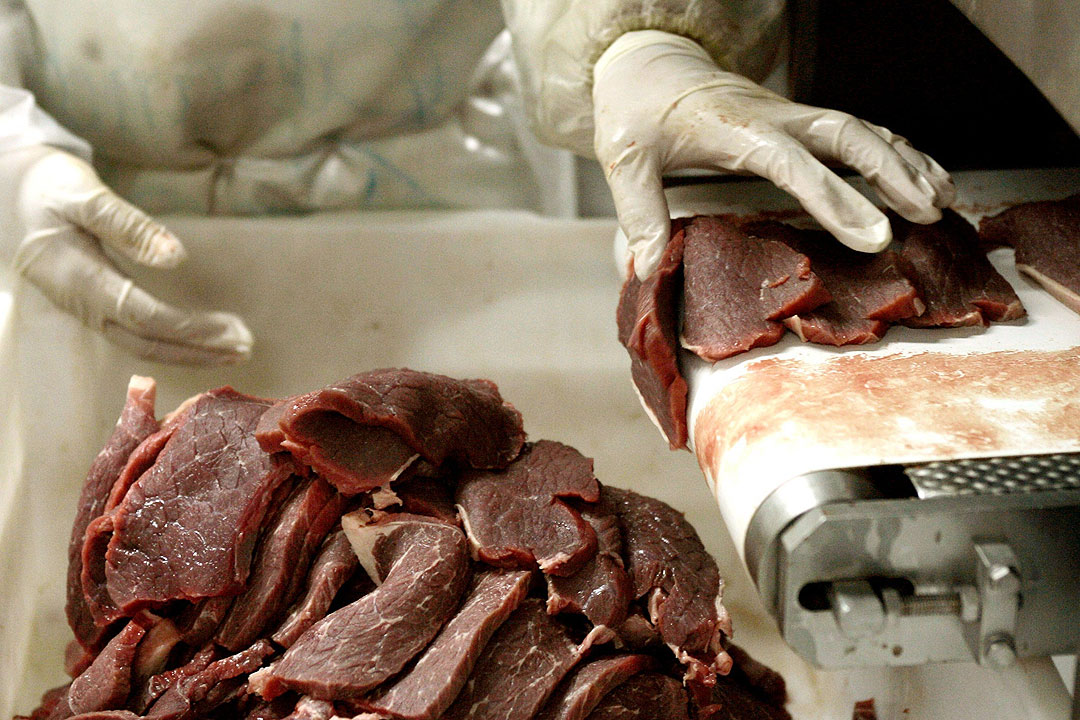THE DEPARTMENT of Agriculture (DA) lifted a ban on cattle imports from Brazil after a finding that cattle from that country have a negligible risk of suffering from atypical Bovine Spongiform Encephalopathy (BSE), also known as mad cow disease.
Agriculture Secretary William D. Dar issued Memorandum Order No. 65 on Oct. 18, allowing imports of meat products derived from cattle and live cattle from Brazil.
Mr. Dar said Brazilian authorities have submitted documents detailing their response to the detection of two atypical BSE cases, the country’s program of BSE surveillance, and efforts to keep BSE risk contained.
“The World Organisation for Animal Health (OIE) Terrestrial Animal Health Code Article 11.4.1 (indicates) that atypical BSE is a condition believed to occur spontaneously in all cattle populations at a very low rate, thus atypical BSE must be excluded in official BSE risk status recognition,” Mr. Dar said.
“Based on the relevant information provided by Brazil, there is satisfactory evidence to show that the risk of importation of cattle and its related commodities is negligible and Brazil maintains officially recognized by OIE (as having) negligible BSE risk,” he added.
According to the memorandum order, boneless beef imports from Brazil should only come from “healthy ambulatory and not downer cattle,” referring to sick cattle that are disposed of for the sale of their meat.
It added that the slaughter date of the cattle or the production date of the beef should be indicated in the packaging label.
“Boneless beef except meat from the head, industrial, sangria and neck meat can be sourced from cattle of all ages, devoid of any nerves and other BSE-specified risk materials (SRM), shall be imported,” according to order said.
The DA frozen Brazilian beef imports via Memorandum Order No. 54 issued on Sept. 16.
Brazilian authorities had reported to the OIE confirmation of an atypical BSE outbreak in the states of Mato Grosso and Minais Gerais on Sept. 3.
As of Sept. 30, Brazilian beef imports accounted for 31.7% or 39,584.65 MT of overall beef imports so far, according to the Bureau of Animal Industry. — Revin Mikhael D. Ochave
